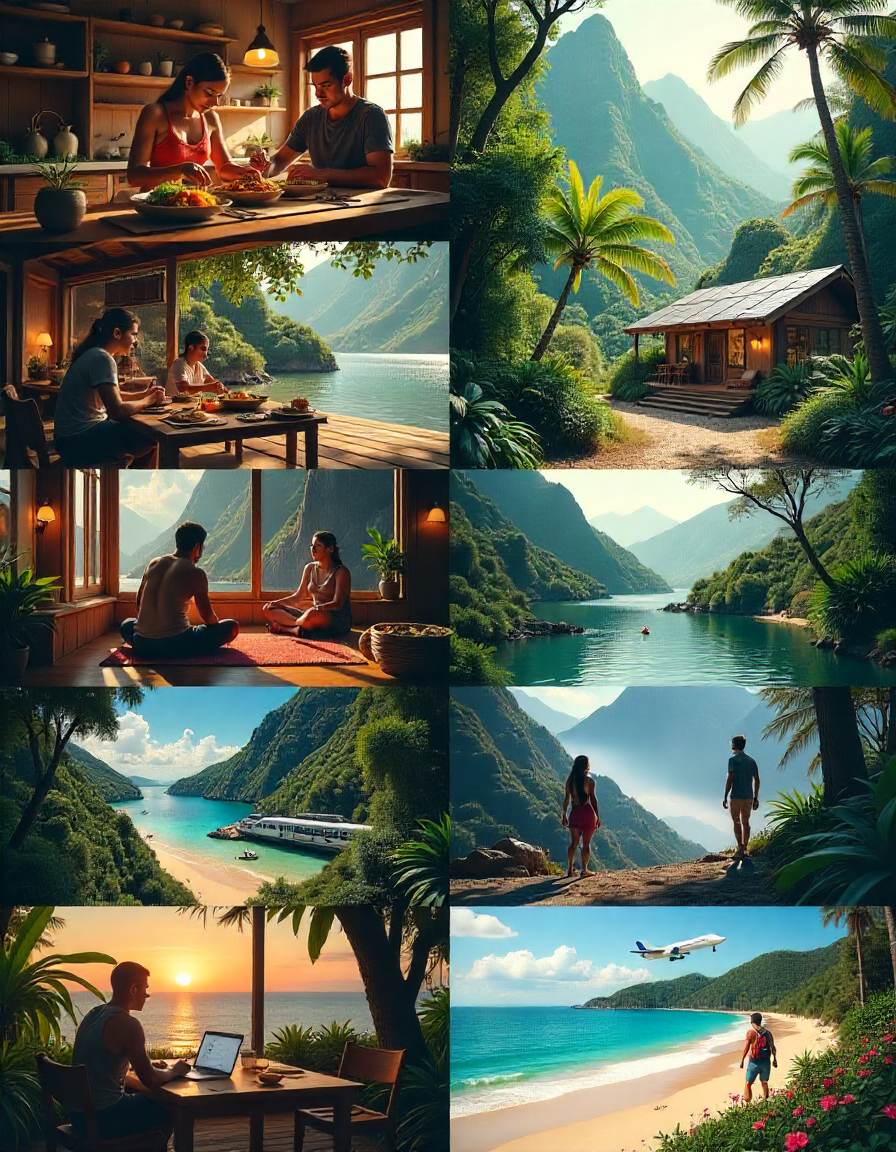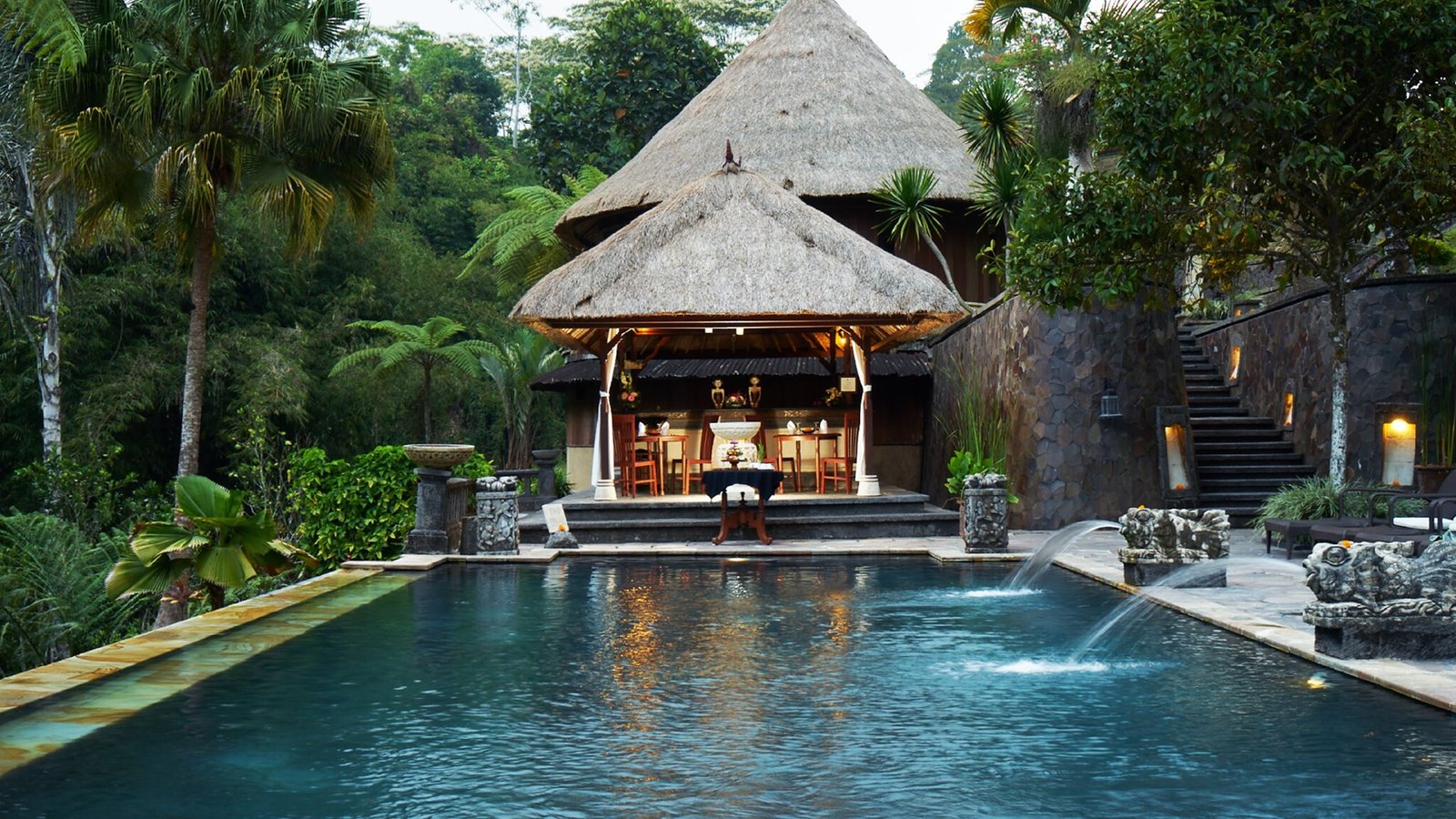Travel has always been more than a leisure activity. It represents a deep human urge to explore, connect, and expand perspectives. While centuries ago exploration meant charting unknown lands, today it reflects how individuals experience culture, nature, and communities. The modern landscape of travel is changing rapidly, shaped by shifting values, environmental awareness, and advancing technology. This transformation shows us not only how we move across the globe, but also why we choose to journey in the first place.
The Shift from Sightseeing to Meaningful Experiences
In the past, many travelers set out with a checklist of famous landmarks to visit. Today, a growing number seek genuine engagement with the places they go. They are drawn to immersive activities that offer insight into daily life and traditions. Instead of only snapping photos of Angkor Wat, for example, visitors may join a Cambodian family for a cooking lesson or learn traditional dance. This shift underscores a broader change in how people define a successful trip—not by quantity of destinations but by quality of memories.
Tour operators and hospitality providers have adapted, offering curated experiences tailored to individual interests. From artisan workshops in Morocco to local-led walking tours in New York neighborhoods, the focus is increasingly on depth and authenticity.
Travel and Sustainability
As the effects of climate change become more pressing, travelers are increasingly conscious of their footprint. Sustainable travel has moved beyond buzzword status into a necessity for many. Eco-lodges powered by renewable energy, community-run guesthouses, and wildlife safaris that emphasize conservation are drawing significant attention.
Many destinations now emphasize responsible practices. In Iceland, geothermal energy powers most of the country, making eco-friendly tourism easier to promote. In Costa Rica, biodiversity conservation is central to the nation’s identity, and travelers can directly contribute by supporting reserves and eco-parks. Sustainable transport also plays a role: trains in Europe, hybrid buses in Asia, and cycling tours worldwide offer alternatives to carbon-heavy options.
Technology’s Influence on Modern Journeys
The way people plan and experience trips has been revolutionized by technology. Online platforms and mobile applications allow instant booking of flights, accommodations, and even cultural tours. Real-time translation apps break language barriers, while navigation tools empower independent exploration of unfamiliar cities.
Beyond convenience, technology enhances immersion. Augmented reality can bring ancient ruins to life, showing what they once looked like. Virtual previews let travelers step inside a hotel room before reserving it. Even wearable devices now track physical activity on hiking trips or monitor wellness during long-haul flights. Technology doesn’t just facilitate travel; it enriches it.
Slow Travel and the Rise of Nomadic Living
Rushed itineraries and whirlwind city-hopping are losing appeal. Instead, slow travel has gained momentum. This philosophy values extended stays in fewer places, encouraging deeper cultural exchange and personal reflection. By spending a month in a Tuscan village or several weeks in a Balinese community, travelers develop more meaningful relationships with locals and environments.
Remote work culture has accelerated this change. The digital nomad lifestyle—working online while living abroad—is now mainstream. Countries like Portugal, Estonia, and Thailand even offer special visas to attract long-term international workers. This blending of work and exploration transforms travel from a temporary break into a sustainable way of life.
Culinary Adventures
Food has become one of the strongest motivators for travel. Culinary tourism extends far beyond fine dining. From bustling night markets in Taiwan to vineyard tours in France, cuisine tells the story of history, migration, and identity.
Travelers now design entire itineraries around local dishes. Experiences such as truffle hunting in Italy, sampling mezcal in Mexico, or enjoying home-cooked meals in rural Japan reveal deeper connections to tradition. Culinary storytelling allows visitors to taste not only flavors but also heritage.
Wellness and Adventure
Travel is no longer only about sightseeing; it is also about self-care and thrill-seeking. Wellness travel attracts those seeking yoga retreats, meditation programs, or spa holidays. At the same time, adventure tourism appeals to those craving adrenaline—from trekking Patagonia’s glaciers to scuba diving along Australia’s Great Barrier Reef.
Interestingly, these two types of travel often intersect. Some retreats combine mountain hikes with restorative practices, offering both challenge and renewal. This reflects a broader trend: people view travel as a way to restore balance in their lives, not just escape from routine.
Cultural Exchange and Responsibility
Globalization has connected people across continents, but true cultural understanding comes from direct interaction. Homestays, village tours, and language immersion programs provide opportunities for travelers to learn while supporting local communities.
Yet, cultural exchange must be approached with sensitivity. Respecting traditions, dressing appropriately, and asking before photographing people are small but significant gestures. Thoughtful travel ensures that both visitors and hosts benefit. When approached responsibly, tourism strengthens communities instead of exploiting them.
Challenges Facing Global Travel
While opportunities expand, challenges remain. Political instability, pandemics, and environmental crises can halt tourism overnight. The COVID-19 pandemic demonstrated how vulnerable the industry can be, forcing innovation such as contactless check-ins, digital health certifications, and stronger emphasis on local tourism.
Climate change continues to pose existential risks. Rising seas threaten coastal destinations, while wildfires and extreme weather events disrupt traditional travel seasons. The industry must innovate, and travelers must adapt, to ensure journeys remain possible for future generations.
The Road Ahead
Looking forward, several possibilities emerge. Space travel, while still limited, points to the next frontier. Closer to Earth, high-speed rail and green aviation may redefine mobility. The desire for authentic, ethical, and meaningful journeys will only grow stronger.
In addition, tourism tied to indigenous heritage, conservation projects, and cultural preservation is likely to expand. Travelers increasingly want to contribute positively, ensuring that their presence leaves lasting value. Meanwhile, blended lifestyles—where work, leisure, and travel converge—signal that travel will become less of an occasional luxury and more of a regular rhythm in life.
Conclusion
Travel is undergoing a profound transformation. It is no longer defined solely by movement but by purpose and connection. Experience, sustainability, wellness, culture, and innovation all shape how journeys unfold. For the traveler of today, success is not measured by the number of countries visited but by the depth of engagement along the way.
In this changing landscape, travel remains one of humanity’s greatest teachers. It reminds us of our shared humanity, our responsibility to protect the planet, and our endless capacity for curiosity. As the future of travel continues to unfold, the journey itself will remain as important as the destination.



